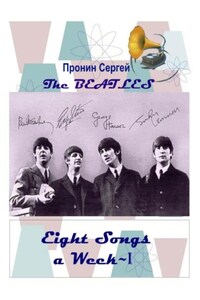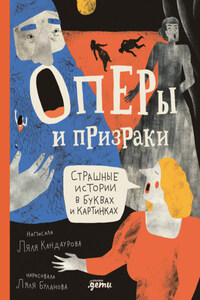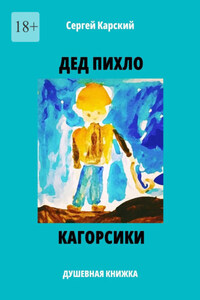William Collins
An imprint of HarperCollinsPublishers
1 London Bridge Street
London SE1 9GF
WilliamCollinsBooks.com
This eBook first published in Great Britain by William Collins in 2019
Copyright © Will Brooker 2019
Cover photograph © Sukita
Will Brooker asserts the moral right to be identified as the author of this work
A catalogue record for this book is available from the British Library
All rights reserved under International and Pan-American Copyright Conventions. By payment of the required fees, you have been granted the non-exclusive, non-transferable right to access and read the text of this e-book on-screen. No part of this text may be reproduced, transmitted, down-loaded, decompiled, reverse engineered, or stored in or introduced into any information storage and retrieval system, in any form or by any means, whether electronic or mechanical, now known or hereinafter invented, without the express written permission of HarperCollins
Source ISBN: 9780008313722
Ebook Edition © October 2019 ISBN: 9780008313739
Version: 2019-07-22
‘Dad lived ten lives in the years he had!’ Duncan Jones’s cheerful tweet on the second anniversary of his father’s death, in January 2018, sums up the popular idea of David Bowie: a man who lived at an accelerated rate and transformed himself with the release of each new LP. In the 1970s alone, he raced from his folk-rock beginnings through Ziggy Stardust, Aladdin Sane, the Thin White Duke, and the blue-eyed soul man of Young Americans, before moving into the introspective Berlin period and finally concluding the decade on the cusp of the mainstream, MTV success that would dominate his 1980s.
It’s a familiar story, retold in every biography. This introduction is not that story. This is the story of how my life intersected with David Bowie; how he informed and inspired me from my first encounter with my mum’s Let’s Dance cassette when I was thirteen. It is not about Bowie’s changes, but about how he changed me – from that chance discovery in 1983 to 2015, when I undertook an academic project to live like him for a year, and attempted to compress his entire extraordinary career into twelve months.
Every Bowie fan has a story of the role he played in their life. Mine is unique, just like everyone else’s. The purpose of this introduction is not to qualify me as an extraordinary super-fan – although my experience was certainly unusual – but as a fan like millions of others; as a fan, no doubt, like you. We all have our own sense of Bowie, and that is the point.
David Robert Jones was born on 8 January 1947 and died on 10 January 2016. David Bowie was born, as a stage name, on 16 September 1965. He never really died. ‘David Bowie’ was a persona created by Jones, but he thrived and survived for four decades not just because David Jones stuck with this name – he’d previously adopted ‘Luther Jay’, ‘Alexis Jay’ and ‘Tom Jones’ – but because his audiences embraced him: because of his fans.
Bowie became a star, a concept, a cultural icon, because of people like you and me, who took him wholeheartedly into their lives. We invested aspects of ourselves in him, and so a part of him continues in us. This book is a celebration of Bowie’s importance, and an exploration of his legacy as a cultural icon. But on another level, it’s also about celebrating our inner Bowie, and letting it change and inspire us. We are ‘all the millions here’ Bowie gazed at in ‘The Man Who Sold the World’ in 1970: we are the galaxy of blackstars that he left behind in 2016. We all have our own stories of how he entered our lives and what he meant to us. This is mine.

I was born the year before Duncan Jones, and so while I knew of David Bowie in the 1970s, he stood for something shocking, scandalous and grown-up. He was like the taste of wine or beer: something I assumed I’d understand and appreciate later. When the video for ‘Ashes to Ashes’ played on Top of the Pops in 1980, I found it unpleasant and a bit scary, with its distorted colours, surreal images and flat, repetitive vocals. The droning chorus reminded me of the graffiti I saw on my walk home from school on the wall of a south London housing estate: ‘Sex is good, sex is funky. Sex is best without a dunky.’ Every week, I wanted the video to end so I could see more of ABBA, Blondie or Adam and the Ants.
But I changed, and Bowie changed. In 1983 I was on holiday with my family, somewhere in the English countryside: seven days of steam train museums, hill walks and horses. I picked up a cassette my mum had brought along: Bowie’s Let’s Dance, his mainstream breakthrough. My mum was thirty-eight at the time, only two years older than Bowie. I was thirteen. I slotted the tape into the red plastic Walkman I’d got for Christmas, and didn’t take it out all week. My mum never got that cassette back. I still have it now. I asked her recently why she’d bought








